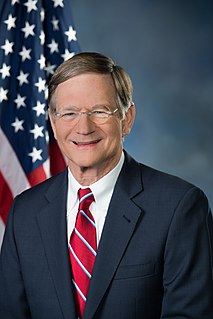A Quote by Joseph Stiglitz
During my three years as chief economist of the World Bank, labor market issues were looked at through the lens of neoclassical economics. A standard message was to increase labor market flexibility. The not-so-subtle subtext was to lower wages and lay off unneeded workers.
Related Quotes
Private sector labor market flows provide additional indications of the strength of the labor market. For example, the quits rate has tended to be pro-cyclical, since more workers voluntarily quit their jobs when they are more confident about their ability to find new ones and when firms are competing more actively for new hires.
Since it is to the advantage of the wage-payer to pay as little as possible, even well-paid labor will have no more than what is regarded in a particular society as the reasonable level of subsistence. The lower ranks of labor will commonly have less, and if public relief were afforded even up to the wage-level of the lowest ranks of labor, that relief would compete in the labor market; check or dry up the supply of wage-labor. It would tend to render the performance of work by the wage-earner redundant.
Apparently, union bosses are so distraught about declining enrollments they will stoop to exploiting illegal workers. There is no doubt that this would hurt American workers, who would suddenly face a flooded job market full of cheap foreign labor. It would depress the wages of the American workers and cost them jobs.
Labor unions have a long history of benefitting all workers, even those who are not members of unions, because everyone's wages go up. If we don't increase membership - and membership in labor unions is going down because of the attacks against organized labor - it's something every single American, whether they're officially in a union or not, should be concerned about. It's a spiral. It's a weakening of the middle class and our economy can't sustain that.
What about precarious labor? It's actually not the most efficient form of labor at all. They were much more efficient when they had loyalty to their workers and people were allowed to be creative and contribute - you know that what precarious labor does is that it's the best weapon ever made to depoliticize labor. They're always putting the political in front of the economic.



































